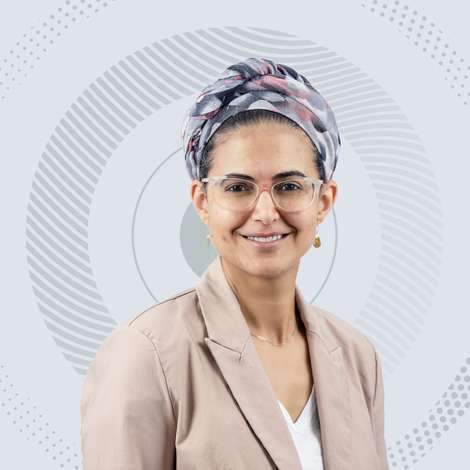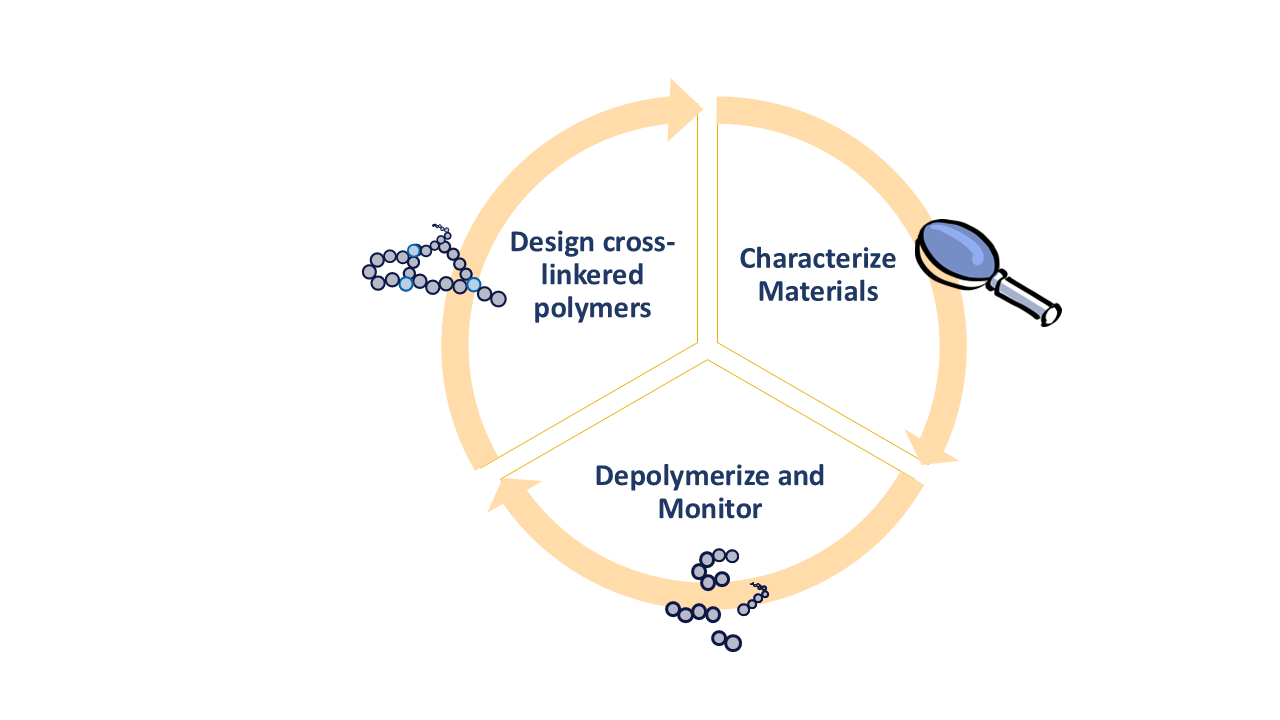
ד"ר שירה הבר
קורות חיים
Dr. Shira Haber received her B.Sc. in Chemistry and Talmud from the Hebrew University of Jerusalem in 2010 and continued her studies in Organic Chemistry, receiving her M.Sc. with Prof. Jochanan Blum (z”l) in 2012.
After a short taste of the biotech industry, working in a Chemistry lab in Bio-Technology General Ltd., she returned to the Weizmann Institute of Science and received her Ph.D. in 2022 under the supervision of Prof. Michal Leskes. There she gained her expertise in solid-state NMR and material characterization. After receiving her degree, Dr. Haber joined Prof. Jeffrey Reimer’s group at the University of California, Berkeley, as a postdoctoral fellow researching polymer deconstruction and developing suitable (ss)NMR methodology. In 2024, she joined Prof. Gabriel Lemcoff’s lab at Ben-Gurion University and under the joint supervision of Prof. Steven Zimmerman implemented her NMR expertise on polymers with dynamic covalent bonds enabling deconstruction.
In January 2026, she joined the Department of Chemistry at Bar-Ilan University as an assistant professor and was named Zuckerman Faculty Scholar for 2025-2026.
Current and Previous Positions
2026 – current Assistant Professor, Department of Chemistry, Bar-Ilan University
2024-2025 Postdoctoral fellow, Ben-Gurion University
Advisors: Prof. Gabriel Lemcoff and Prof. Steven Zimmerman
2022-2024 Postdoctoral fellow, UC Berkeley and Lawrence Berkeley National Laboratory
Advisor: Prof. Jeffrey Reimer
2012-2016 QC Associate, Bio-Technology General Ltd.
Education
2017-2022 Ph.D. in Chemistry, Weizmann Institute of Science
2010-2012 M.Sc. in Organic Chemistry, Hebrew University
2007-2010 B.Sc. in Chemistry and Talmud, Hebrew University
מחקר
The worldwide growing production of disposable plastics has become one of the most urgent environmental issues of our time. Despite growing public awareness, only about 15% of polymers are recycled, leaving a toxic trail in the environment and strongly impacting global health. Current recycling practices are based on mechanical grinding, which degrade the performance and value of the recovered materials. Chemically recycling plastic waste to reusable fragments or monomers is regarded as the key to unlocking plastic life time circularity.
The Haber group will use various NMR methodologies to gain essential insights into material deconstruction into useful smaller fragments, with the goal of finding innovative solutions to plastic recycling and upcycling that could propel the field towards a more sustainable and environmentally conscious future.
Dynamic covalent bond linker design and incorporation into polymers is essential for efficient polymer deconstruction. Thermomechanical characterization, together with microstructural and morphological analysis of the new materials will shed light on their functionality. Monitoring of polymer fragmentation with NMR methodologies will further shed light on the fundamental understanding of the mechanistic underpinnings and reaction kinetics of polymer deconstruction, which are critical to guide rational improvements in reaction efficiency and materials design.

תאריך עדכון אחרון : 04/11/2025



